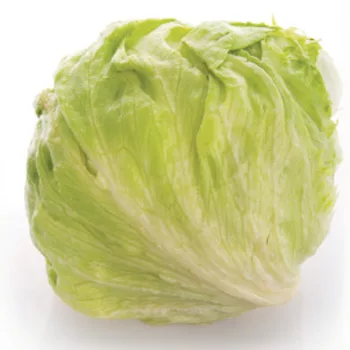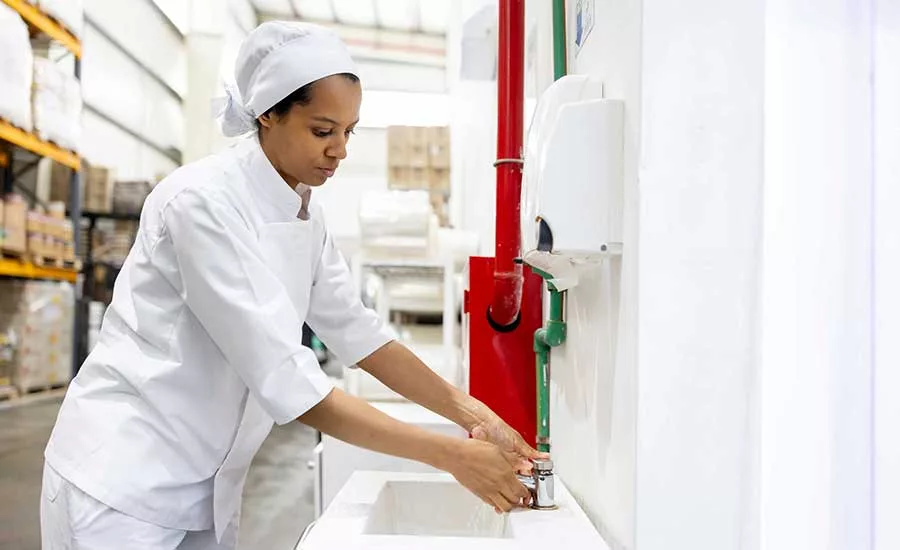Pesticide Analysis Center Established

An interview with Paul Silcock, GC-MS Marketing Manager and Member of the Thermo Fisher Scientific Pesticide Analysis Center of Excellence
Q: Why is Thermo Fisher Scientific investing in this new Pesticide Analysis Center of Excellence? Is it modeled on the Persistent Organic Pollutants (POPs) Center?
We have has a strong commitment to enabling our customers to make the world healthier, cleaner and safer. This commitment has led to specific investments and initiatives related to key areas of food safety and environmental analysis, such as the POPs Center of Excellence. The success of this consolidation of resources and expertise in the POPs Center naturally led to us wanting to address another hugely important area – pesticide analysis. As with POPs, we have a great amount of expertise, experience and cutting-edge technology in the area of pesticides analysis. Through the new Center, we will consolidate all of that capability to support labs working in this field.
Especially popular for the POPs Center is a focused annual event that brings scientists together to discuss discoveries, challenges and solutions. We hope to have the same level of participation as we offer our first Pesticide Analysis Center of Excellence events in 2014.
Q: What special resources will the Pesticide Analysis Center of Excellence offer?
The Center will provide customers a reference for pesticide analysis that is specifically focused on high productivity analytical technologies. We will also collaborate on projects to make advances in our worldwide capacity to measure pesticides in the environment and the food we eat. Another key element will be to provide consultation and advice for pesticides analysis when using Thermo Scientific products.
We also launched a brand new web portal for the Pesticide Analysis Center of Excellence. This helps our customers easily access all of our resources associated with pesticides analysis. This includes the latest technology developments, applications, webinars and other scientific materials.
Q: Thermo Fisher Scientific also has a food focused resource, the Food Safety Response Center. How will all of these Centers work together?
The Food Safety Response Center (FSRC) is of course another example of the corporation’s commitment to supporting food safety. FSRC’s unique strength is the ability to activate a fast response to emerging concerns of chemical contamination in the food chain. The Pesticide Analysis Center of Excellence will support this response if the incident involves pesticide residues. In addition, when there is no crisis occurring, the FSRC team is deploying their expertise to help validate methodologies in the area of food safety. On occasion, these are pesticide methods and, as such, the Pesticide Analysis Center of Excellence collaborates closely with the FSRC to provide the best possible methodologies. The three Centers combined are really a network of resources focused on food safety and they work together whenever needed to assist customers and regulators.
Looking for quick answers on food safety topics?
Try Ask FSM, our new smart AI search tool.
Ask FSM →







.webp?t=1721343192)
